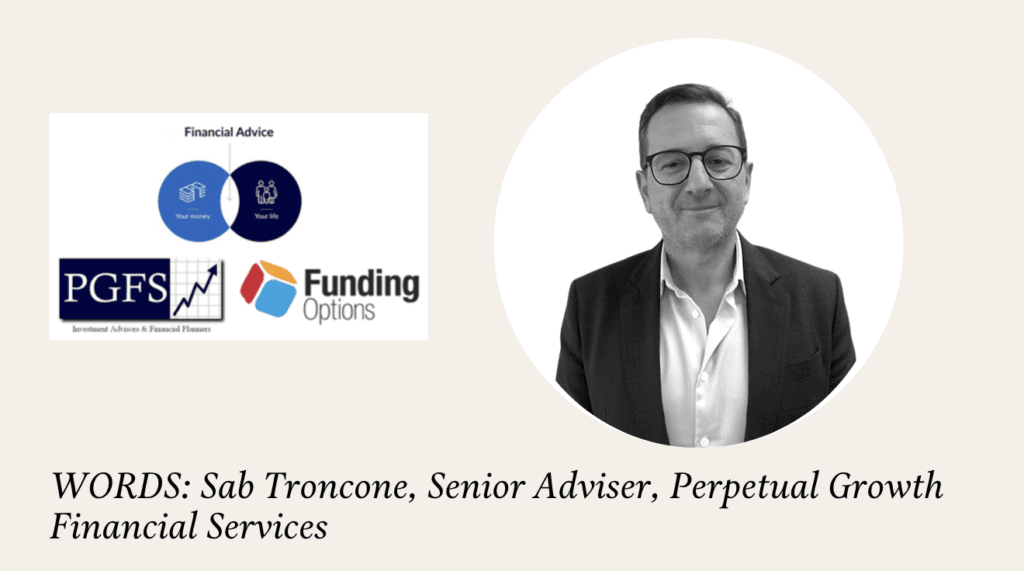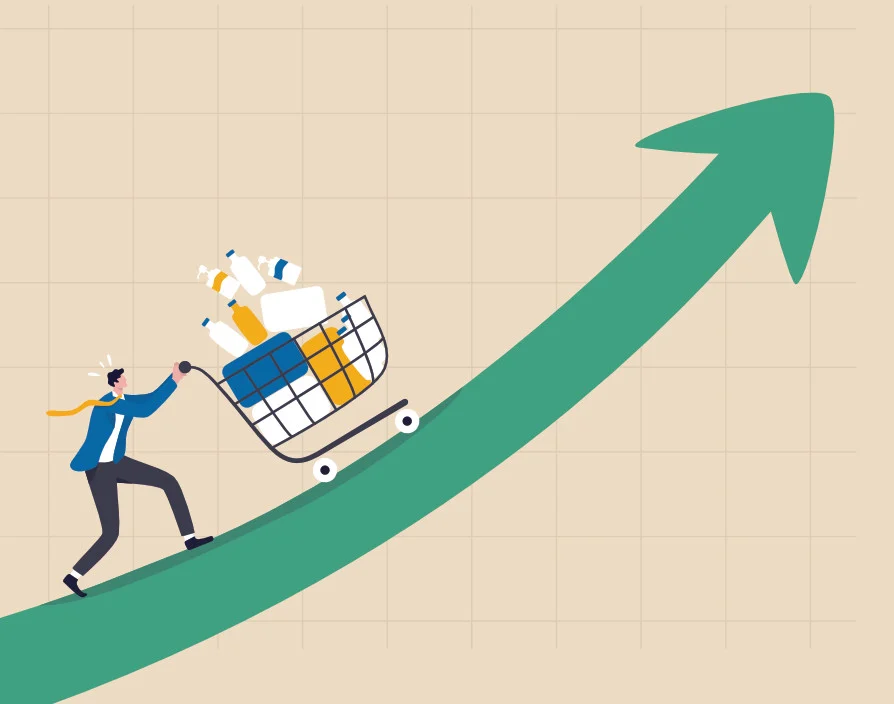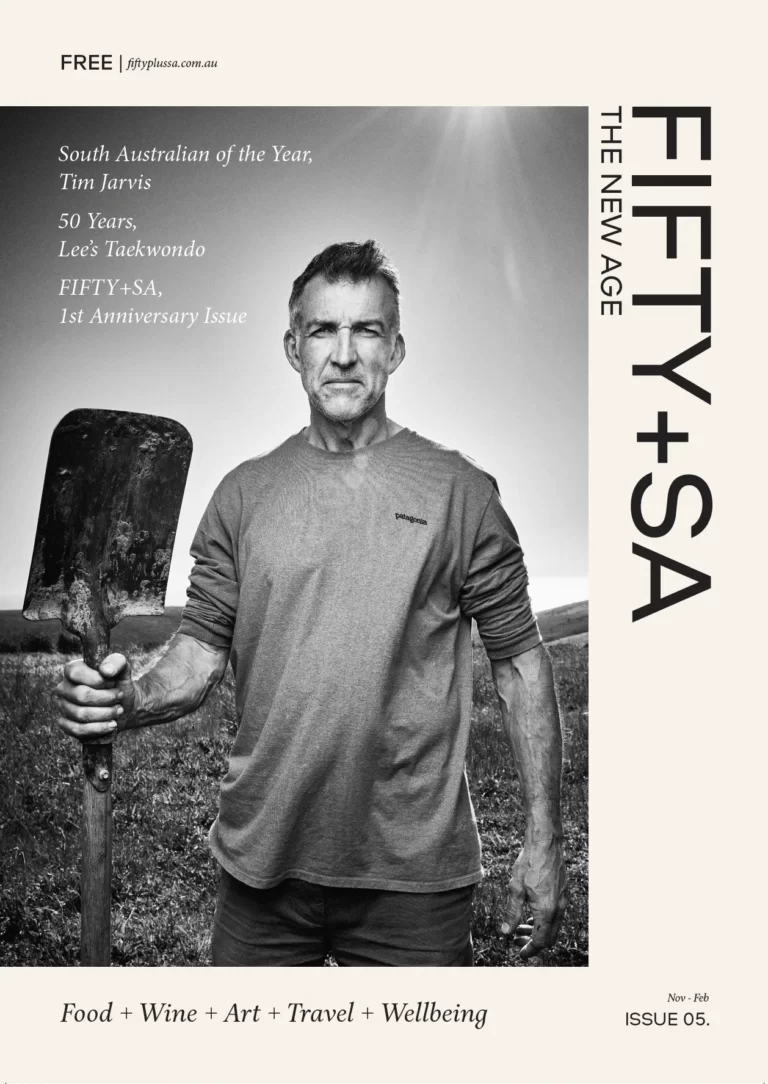If you are approaching retirement and are reliant on your super to fund your long-term income stream, or have recently taken out a loan for a new property, the current economic conditions could be creating you a higher-than-normal level of concern. It is now more important than ever to understand one’s appetite for risk and be aware of the volatility held in investments or super.
So where we are economically and what might the future hold for us?
The current global rise in inflation is caused primarily by the effects of:
- Governments borrowing to inject funds into their economies to keep their populations employed during the pandemic shut down
- The lack of supply due to transport restrictions during the Covid-19 pandemic
- Factory shutdowns due to lock downs and COVID isolation for workers
- The lack of development of current energy sources due to the emphasis on moving to net 0 emissions, coupled with
- The effects of the Russia/Ukraine crisis have seen energy prices soar.
There is also an argument that employees not wanting to return to the workforce—rather, continuing the working from home lifestyle—has effectively reduced overall productivity and business development. This, combined with the global labour shortage due to a lack of people entering the workforce, as well as wages pressure, have all contributed to the increase in inflation.
Governments are fearful of inflation as if left unchecked, it will derail economies causing currencies to collapse and debt levels to increase. Governments will seemingly stop at nothing to get inflation under control, hence we have seen interest more than double over the last 6 months, with further rate rises still to come. This time, the primary driver for inflation is a lack of supply as well as increasing energy prices; we may also need to see an increase in unemployment to bring it under control.
The increase in the cash rate—driven by the rise in government bond rates, coupled with the fear of a global recession—has caused markets and assets generally to be repriced. This has also seen a negative return for bond holders, making what was previously considered a ‘safe option’ see negative returns. This has resulted in the only safe option over the last 6 months being cash, which last occurred in the early 90s. Investments and super accounts with holdings primarily in unlisted or direct assets will perform better during this period but there is a risk that if the climate disintegrated further, those assets could become illiquid.
Where to from here?
Since I started in the financial services industry almost 38 years ago, there have been several events that caused markets to correct; the 1987 share market crash caused by computerised selling due to the fear of the world going into recession, the gulf war in 1990, Russian debt crisis in 1998, the tech stock correction in 2000, September 11 attacks in 2001, the global financial crisis in 2007/2008 and the global shut down caused by the spread of Covid-19 of which we are still feeling the fall out today.
Each of these events has had very different triggers and caused values to drop substantially and were quite sudden. A key consideration of all this is that eventually markets have recovered and that these times of insecurity ultimately turn out to be times of opportunity. The trick is not to be caught out at the wrong time such as borrowing excessively in a weak labour market or being overexposed to volatile assets close to retirement.
It’s likely that rates will continue to rise due to high inflation and there will be a lot of people with loans that have never been through a rising interest rate cycle, but this will also create an opportunity for investment. For those who are retired and rely on Centrelink, it will be the first time in many years that their benefit will be indexed to help meet the rising cost of living.
PGFS is a long established, boutique financial services firm focusing on providing personalised financial planning and investment advice, throughout clients’ various life stages.

1 King William Rd, Unley









